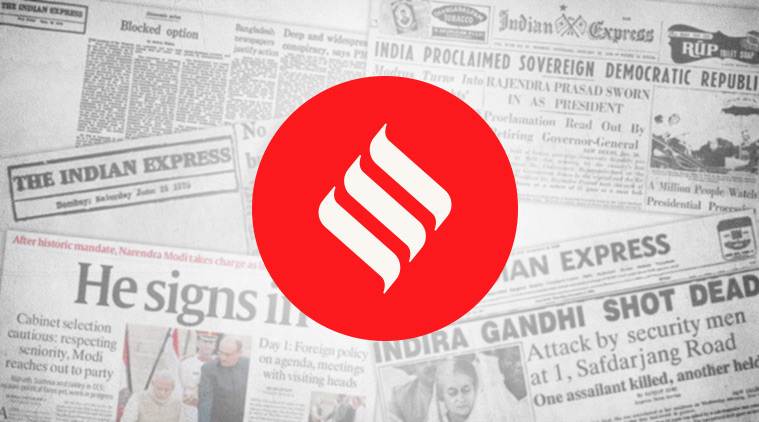By Editorial |Published: February 27, 2019 12:26:22 am
The new red line
India signals resolve to push the envelope on the deterrence imposed by nuclear parity to defend itself against terror.

The successful strike by Indian Air Force jets against a training camp for Jaish-e-Mohammad militants in Balakot in Pakistan has set a new metric, etched a new red line, in the fraught relations between the two neighbours.
With this, India has signaled its willingness and ability to push the envelope on the deterrence imposed by nuclear parity in order to defend itself against terrorist groups waging a proxy war in Kashmir and elsewhere in its territory on behalf of the Pakistan Army. Unlike the surgical strike that followed the September 2016 Jaish attack in Uri, which was planned and conducted by India’s Army across the Line of Control in Pakistan Occupied Kashmir, this aerial strike targeted a camp atop a mountain in Balakot in Mansehra district of Pakistan’s Khyber Pakhtunkhwa province, making it the first operation of its kind since 1971.
India’s government had promised a response to the February 14 Jaish-e-Mohammad attack against a CRPF convoy in Kashmir that killed 40 jawans. By calling it a “non-military pre-emptive” strike against the Jaish which was planning more attacks across India, the government has underlined the message that this was a defensive act. That it was a strike on terrorism, not Pakistan.
This is further reinforced by the fact that it was the country’s top diplomat who made the formal announcement of the Indian action, and that he described it as an “intelligence-based” operation. The careful choice of words, meant to convey that the strike was nothing less than what India described, but nothing more than that either, showed a sobriety that this delicate moment demands of a responsible power.
It is now the time to build on this and reach out across the world to convey the unequivocal message that India continues to seek a resolution to its issues with Pakistan through diplomatic means.
It is now the time to build on this and reach out across the world to convey the unequivocal message that India continues to seek a resolution to its issues with Pakistan through diplomatic means.
Pakistan may be unwilling, it may allow or even help the JeM to get back on its feet after this attack. But that only means that India’s diplomatic work is not yet done. External Affairs Minister Sushma Swaraj travels to Beijing this week to attend the Russia-India-China foreign ministers’ meeting, and to Abu Dhabi later to represent India as the “guest of honour” at the Organisation of Islamic Conference foreign ministers’ plenary.
At both places, India must underline the important role that friends of Pakistan can and must play in dissuading it from using terrorists to achieve its strategic objectives. Pakistan must be cautioned about the diminishing returns of such a policy and of India’s determination to ensure that the costs will only mount.









.png)




























No hay comentarios:
Publicar un comentario